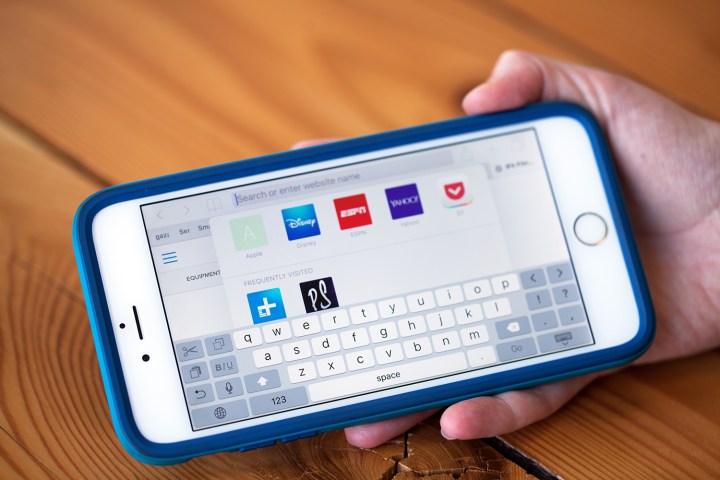
However, one of those add-ons is no longer available. Developer Marco Arment (previously of Instapaper and Tumblr) says he pulled his Peace app because it “just doesn’t feel good” — in other words, he his misgivings about the impact of ad-blocking technology on Web publishers. “While [ad-blockers] do benefit a ton of people in major ways, they also hurt some, including many who don’t deserve the hit,” Arment writes.
Arment says Peace will keep working “for a long time” for those who’ve already purchased it, and he’s posted a link to instructions for getting a refund. “Ad blocking is a kind of war — a first-world, low-stakes, both-sides-are-fortunate-to-have-this-kind-of-problem war, but a war nonetheless, with damage hitting both sides,” the developer explains. “Even though I’m ‘winning’, I’ve enjoyed none of it. That’s why I’m withdrawing from the market.”
On the one hand, there are those (including Apple) who feel online advertising has become bloated, invasive and unfair on users who don’t necessarily know what data is being collected about them. On the other, there are people angry that Apple is cutting off the main method of financial support for many of the world’s biggest websites.
The debate is likely to run for a long time to come and may eventually lead to a change in the way publishing is funded online. In the meantime, check out Arment’s post and make your own mind up on the morality of the ad blocker.


